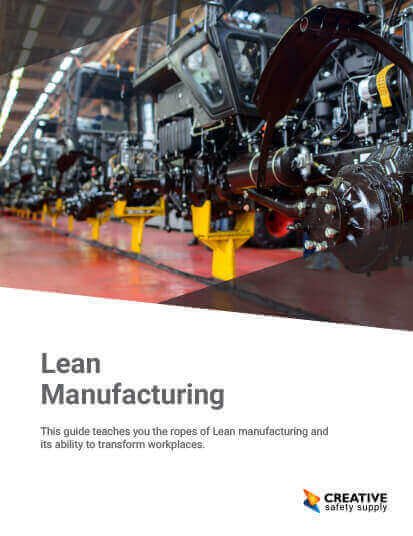
KPI stands for Key Performance Indicator. This is a measurable value that is used to demonstrate just how well a company is achieving their most important business objectives. Businesses of all types use KPIs when measuring their success in various areas. These measurements can be used either at a corporate level or more narrowly based on a given department. Measuring KPIs will help to better accomplish goals and remain successful.
High Level KPIs
High-level KPIs are measured at the corporate level. They will look at things like overall performance goals, profit margins, total sales for the company, and other similar things. These are very valuable when looking to guide the company as a whole. While each individual employee may not have a dramatic impact on these high-level KPIs, they will be used to set major goals so everyone knows what type of things they should be working toward.
Low Level KPIs
Low-level KPIs are broken down based on division, department, or even individual. They are much more focused on things that individuals can accomplish or directly contribute to. Some examples of low-level KPIs can be department sales, marketing, HR, manufacturing production, and more. Using this type of tracking will help to give everyone the guidance they need to make sure it is clear what they should be working on at all times. Any work that is being done that doesn’t help to contribute to the KPIs should be evaluated to see if it is necessary, and if not, it should be eliminated.
Incorporating Key Performance Indicators
Any company that is looking to better track their progress and make sure they are headed in the right direction will want to use KPIs. A challenge of most types of employment or running a business is maintaining forward momentum. Without well-established goals that can be measured and tracked, it will be very difficult to ensure things are going well. Having a company or department establish KPIs will allow everyone to know what they should be working on, and how they can push forward.
Similar Questions
- What are KPIs?
- How do I create a balanced scorecard?
- How is OEE calculated?
- What is a balanced scorecard?
- Who should be involved in Lean manufacturing?
- How does someone become certified in Lean manufacturing (Six Sigma)?
- What is TQM?
- What does FTA stand for?
- How Can Manufacturing Become More Meaningful?

